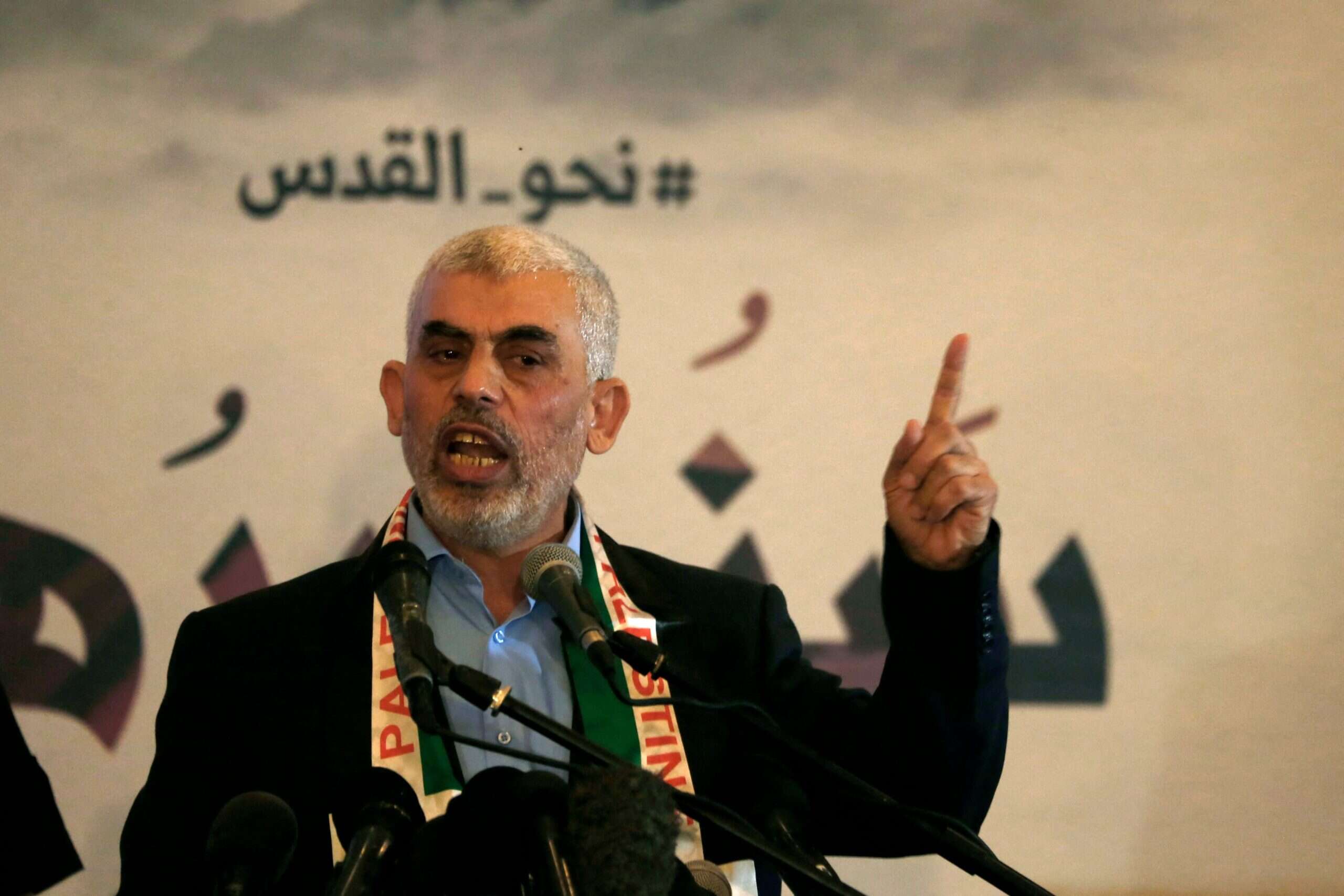Now, as the hostage release deal nears completion, the cat is out of the bag. In an interview with The New York Times, Secretary of State Antony Blinken acknowledged the damage that American pressure on Israel caused to the hostage release efforts. "There have been two major impediments, and they both go to what drives Hamas. One has been whenever there has been public daylight between the United States and Israel and the perception that pressure was growing on Israel, we've seen it: Hamas has pulled back from agreeing to a ceasefire and the release of hostages....The other thing that got Hamas to pull back was their belief, their hope that there would be a wider conflict, that Hezbollah would attack Israel, that Iran would attack Israel, that other actors would attack Israel, and that Israel would have its hands full and Hamas could continue what it was doing."
He revealed that during his first visit to Israel, amid an argument with Prime Minister Benjamin Netanyahu, he threatened that if the "humanitarian" supply issue wasn't resolved, President Joe Biden would not make his promised visit.

Analysts in Israel can continued and state the obvious corollary to Blinken's statements. Hamas looked toward the US and drew its conclusions; but certainly also observed the short term, watching Jerusalem and the angry streets in Tel Aviv and Jerusalem. It's not much speculation to assume that after the initial shock of Donald Trump's victory and his threat against Hamas, the organization has watched Israel's internal turmoil. The internal developments within the political and judicial system has also motivated Hamas to withdraw from agreements. Simply seeing the renewal of Netanyahu's trial in mid-December with the strange decision to force him to testify three days a week while the sword of being declared incapacitated hangs overhead was enough to return Hamas to a waiting position.
But all this seems behind us now, and most importantly, the current optimism may well be justified. Hamas remains essentially isolated. Israel achieved unexpected decisiveness and victory, contrary to Hamas' calculations, which had hoped for an endless war of attrition in the north. In the broader context of restoring operational sovereignty and control in various sectors, this is a good time to do what remains to bring the hostages home. It's worth perhaps going back 15 months to October 2023. The possibility that the IDF would succeed in dismantling Hamas, that most of this terror army's operational capabilities would be destroyed, and that at the end of the process we would also manage to bring back the hostages seemed distant and even imaginary. Just look back at the newspapers from that period. The sentiment among some opinion leaders and well-known security experts was "all for all" and opposition to a broad ground operation in the Strip; accepting that "this time we lost." Wait for the next round.
The leadership in Israel now feels this is possible. Putting a bandage over our society's internal bleeding over the hostages is worth the concessions – even if "the day after" searches for "yesterday." The supreme interest now isn't eliminating more terrorists and tunnels and infrastructure but eyes on Iran and preparations for coordination with the new Trump administration. Even those in the government who oppose the hostage release will prefer to contain the agreement despite its flaws and look forward.




